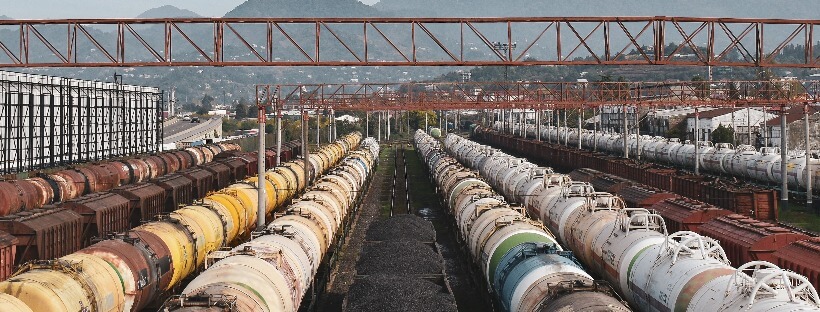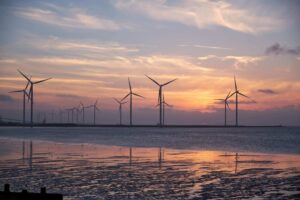No Cause for Alarm
The recent shift towards right-wing politics within the European Union reflects a growing trend rather than an immediate cause for alarm. This political realignment is largely driven by economic challenges and internal factors that promote conservative actions within a predominantly center-conservative Western culture.
In France, for instance, President Macron’s decision to dissolve parliament following gains by Marine Le Pen’s National Rally Party may seem dramatic, but it is primarily a strategic move to maintain the centrist status quo and prevent polarization between Left and Right. Macron intends to serve out his term for another three years, ensuring stability in parliamentary proceedings and effective policy formulation amid potential internal disagreements.
Similarly, the increase in far-right representation within the EU appears significant, yet it primarily serves as an indicator of future political landscapes rather than an immediate policy-making force. The EU functions as a representative body rather than a legislative authority, lacking direct influence over member states’ laws and policies. This ideological shift sets a tone for upcoming debates on issues such as environmental protections and immigration policies across member countries in the coming decade.
U.S. Election Impacts of EU
Regarding the United States and its upcoming elections, the European rightward shift is likely to persist regardless of whether Biden or Trump assumes the presidency. The difference lies in the pace of this shift: under Biden, geopolitical tensions may stabilize gradually, potentially slowing the growth of right-wing movements. However, a Trump presidency could accelerate this trend, possibly leading to more profound economic insecurities and a heightened appeal of far-right ideologies both domestically and abroad.
What You Can Expect
It’s important for multinational enterprises to monitor upcoming elections across EU and NATO member states over the next year. However, the current political realignment is predominantly a macro-political issue rather than a micro-economic one for these corporations. While strikes and political demonstrations for workers’ rights may increase in response to the removal of progressive regulations, significant legislative changes or direct threats to civil rights are unlikely in the near term. As European parliaments polarize further, legislative gridlock may impede significant policy initiatives, prolonging periods of olitical stalemate.





